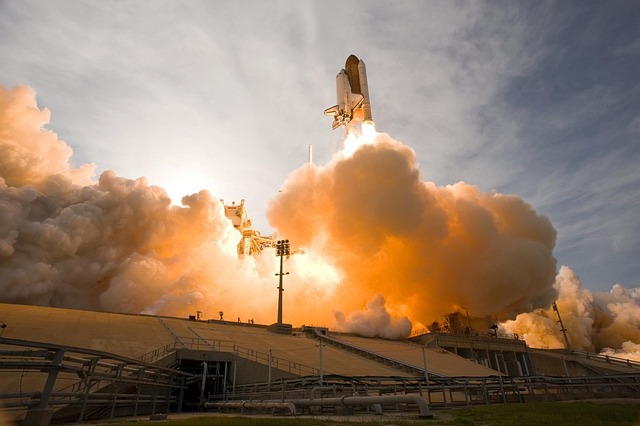Discover how NASA has achieved a groundbreaking milestone as astronauts now consume 98% recycled bodily fluids for hydration in space. Explore the significance of this sustainable practice and its implications for long-duration space missions.
In the realm of space exploration, sustainability plays a pivotal role in ensuring the success of long-duration missions. NASA, the leading space agency, has recently achieved a remarkable milestone that has both intrigued and thrilled the scientific community. Astronauts aboard the International Space Station (ISS) now consume an astonishing 98% of recycled bodily fluids for hydration purposes. In this article, we delve into the significance of this achievement and the implications it holds for future space missions.
The Quest for Sustainability:
Sustainability has become an increasingly important aspect of space exploration. As we venture further into the cosmos, the need for efficient resource utilization becomes crucial. NASA has been at the forefront of developing innovative solutions to minimize waste and maximize self-sufficiency during space missions.
Recycled Bodily Fluids:
Traditionally, water has been a limited resource on the ISS, necessitating careful conservation measures. However, with advancements in water purification and recycling systems, NASA has successfully implemented a process that converts bodily fluids, including urine and sweat, into safe and drinkable water. This technological marvel enables astronauts to have a sustainable and reliable source of hydration while significantly reducing the need for resupply missions from Earth.
The Journey from Waste to Water:
The water recycling process employed on the ISS involves several stages of filtration, including multi-filtration beds, ion exchange systems, and distillation. These advanced systems remove impurities, bacteria, and contaminants, resulting in water that meets the stringent standards for human consumption. The recycled water undergoes rigorous testing to ensure its safety before it is made available for astronauts to drink.
Benefits and Implications:
The adoption of this sustainable practice brings numerous benefits and implications for space exploration. Firstly, it reduces the reliance on Earth’s precious resources, enabling longer-duration missions without the need for frequent resupplies. Additionally, it cuts down on the launch costs associated with transporting water to the ISS. Moreover, the knowledge gained from recycling bodily fluids in space could have valuable applications on Earth, particularly in regions where access to clean drinking water is limited.
Human Adaptability:
The success of the recycled bodily fluids initiative also highlights the remarkable adaptability and resilience of astronauts. Their willingness to embrace sustainable practices and drink recycled water underscores their commitment to the mission’s success and the advancement of scientific knowledge.
NASA’s achievement in utilizing 98% of recycled bodily fluids for astronaut hydration is a significant step forward in sustainable space exploration. It showcases the agency’s commitment to reducing its environmental footprint and maximizing resource efficiency. As we continue to push the boundaries of human exploration, innovations like these pave the way for future missions to distant celestial bodies, where self-sufficiency and sustainability will be paramount.
In conclusion, NASA’s groundbreaking milestone of using recycled bodily fluids for astronaut hydration not only demonstrates the agency’s technological prowess but also highlights its dedication to sustainable practices in space. This achievement has far-reaching implications for long-duration missions, showcasing our ability to adapt and thrive in extreme environments. As we strive for further advancements in space exploration, the lessons learned from recycling bodily fluids will undoubtedly contribute to the development of innovative solutions both in space and here on Earth.












